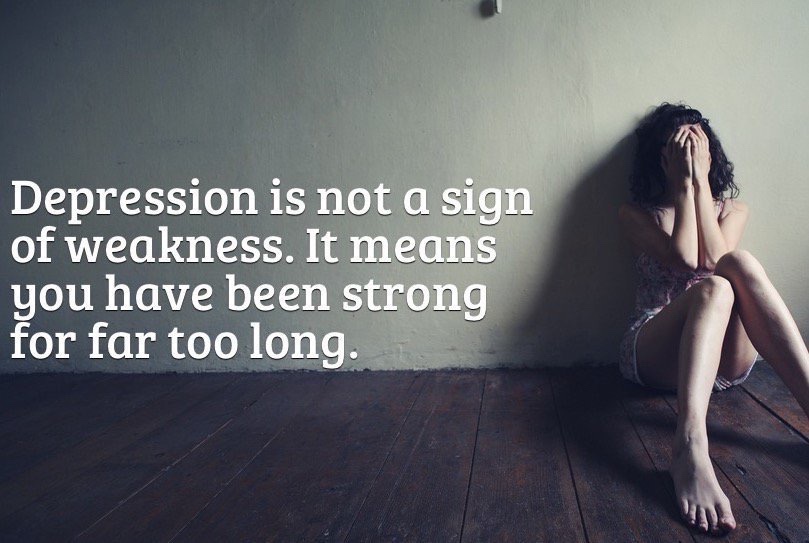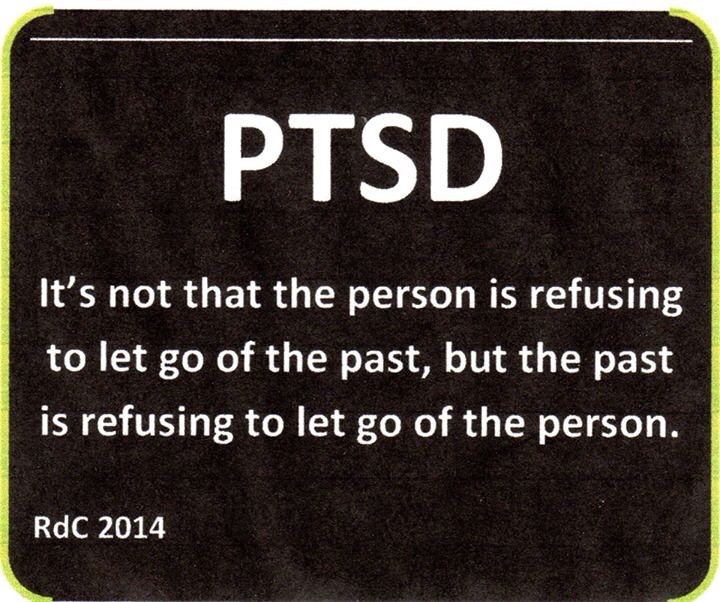
One-time events,
such as an accident, injury, natural disaster, or violent
attack
Ongoing, relentless stress,
such as living in a crime-ridden neighborhood or battling a life-threatening illness
Commonly overlooked causes,
such as surgery (especially in the first 3 years of life), the sudden death of someone close, the breakup of a significant relationship, or a humiliating or deeply disappointing experience
An event can lead to trauma if:
•It happened unexpectedly.
•You were unprepared for it.
•You felt powerless to prevent it.
•It happened repeatedly.
•Someone was intentionally cruel.
•It happened in childhood

Risk factors
While traumatic events can happen to anyone, there are risk factors that make some of us more likely to experience psychological trauma following a disturbing event.
You’re more likely to be traumatised if you’re already under a heavy stress load, have recently suffered a series of losses, or have been traumatised before—especially if the earlier trauma occurred in childhood.
Symptoms
We all react in different ways to trauma, experiencing a wide range of physical and emotional reactions. There is no “right” or “wrong” way to think, feel, or respond, so don’t judge your own reactions or those of other people.
Your responses are NORMAL reactions to ABNORMAL events.
Emotional & psychological symptoms:
•Shock, denial, or disbelief
•Confusion, difficulty concentrating
•Anger, irritability, mood swings
•Anxiety and fear
•Guilt, shame, self-blame
•Withdrawing from others
•Feeling sad or hopeless
•Feeling disconnected or numb
Physical symptoms:
•Insomnia or nightmares
•Fatigue
•Being startled easily
•Difficulty concentrating
•Racing heartbeat
•Edginess and agitation
•Aches and pains
•Muscle tension
Trauma symptoms typically last from a few days to a few months, gradually fading as you process the unsettling event. But even when you’re feeling better, you may be troubled from time to time by painful memories or emotions—especially in response to triggers such as an anniversary of the event or something that reminds you of the trauma.
